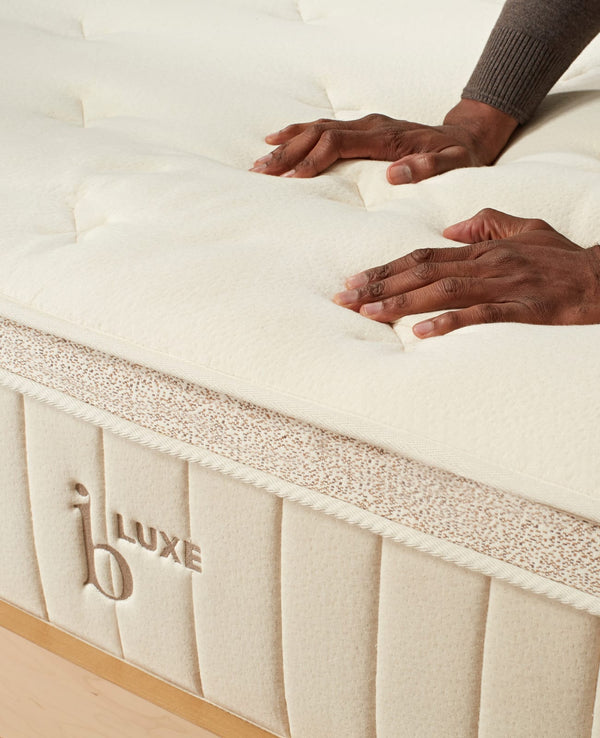10 Sleep Facts You Might Not Know
Sleep is an intriguing combination of relaxation and adventure, making it such a complex topic.
Sleep can sometimes take an effortful journey to come on, especially if you are exhausted. Exercise may make falling asleep easier while naps may disrupt your schedule and throw you off balance.
1. Sleep is the body’s way of repairing itself
Finding a balance between our diet, mental health needs and environmental influences and getting enough sleep is vitally important to our overall wellbeing.
Sleep has many theories behind its purpose, with one popular theory being that it allows our bodies to heal itself. When asleep, our brain and bodies slow down and initiate processes of recovery for improved physical and mental performance the next day as well as long term.
Sleep also decreases oxidative stress, replenishes energy reserves, and promotes neurogenesis – no wonder we feel better after getting plenty of shuteye!
2. You can’t sneeze while you’re asleep
Though many believe they sneeze while sleeping, there is no concrete evidence for this belief. Sneezing involves input from both senses and muscles – both which are typically suppressed during REM sleep.
At non-REM stages, however, your body enters an atonia state, which lessens your responses to triggers that usually make you sneeze. As a result, eliminating allergens from your room and using an air purifier may help decrease nighttime sneezing; this is particularly crucial in regards to children who tend to sneeze more frequently than adults.
3. You can’t snore while you’re asleep
Cartoons typically depict it as sawing logs; but the sound of snoring can be disruptive for anyone sharing a bedroom with someone who snores. Snoring may also indicate sleep apnea which increases cardiovascular disease risk.
Snoring occurs when tissues in your mouth, throat and nose vibrate while you breathe, often due to narrowed airways, loose tissue or poor posture. Frequent snoring may disrupt sleep quality resulting in mood changes, reduced thinking abilities or impaired judgment.
4. You can’t dream while you’re asleep
Dreams are among the more mysterious aspects of sleep, often occurring during the rapid eye movement (REM) stage and often reflecting experiences from daily life.
Dreams may be pleasant or frightening, yet often fade into memory shortly after awakening. People who do not dream may be at a higher risk for depression, anxiety and memory problems.
Dreamlessness may be possible; however, it would take years of observation for it to happen. Certain medications, stress relief measures, caffeine consumption and even certain diet plans may inhibit REM sleep which leads to dreaming.
5. You can’t dream while you’re awake
People who go for long stretches without sleeping are subject to symptoms like drowsiness, paranoia, blurred vision and memory and concentration issues, along with headaches, irritability and an overall decrease in energy.
Lucid dreams typically occur during REM sleep, when our dreams are at their most vivid. Scientists have been able to verify lucid dreaming by recording eye movements during dreaming which matched up with those recorded while awake and corresponded with dreamer actions – this technique has become the gold standard in detecting lucid dreaming.
6. You can’t remember your dreams while you’re awake
Dreams can be difficult to recall after awakening due to most occurring during REM sleep, which accounts for 20 percent of your average night’s rest.
In order to increase your chances of recalling dreams, try drinking water before bed. This will cause frequent urination during the night and trigger more memories associated with your dreaming moments. Furthermore, try to sleep in your same position when dreaming as this may help trigger memories more readily upon awakening; additionally you could write down any images or themes you remember from dreaming when awakening.
7. You can’t remember your dreams while you’re asleep
If you can’t remember your dreams, that could be a telltale sign that your sleep needs are not being met. Factors such as insomnia or sleep apnea as well as too loud neighbors upstairs could prevent dream recall from taking place.
Stress and anxiety can negatively influence dream recall. Substances such as alcohol and marijuana have also been found to decrease REM sleep and therefore dream recall.
8. You can’t remember your dreams while you’re awake
No one dreams less than 4 to 7 times every night; dreaming occurs during the REM phase, which makes up approximately 20% of a full night’s rest.
Nightmares tend to stick out in our memories more vividly, due to jolting us awake more easily and possessing stronger emotional elements that help cement them in our mind.
Maintaining a dream journal and getting enough rest will aid in recall. Avoid alcohol or medications before bed as these may impair dreaming; vitamin B6 supplements may also prove helpful; just consult your physician first.
9. You can’t remember your dreams while you’re asleep
Researchers may not understand every detail of dreaming, but they do know it occurs during REM sleep and that you’re more likely to recall your dreams if you wake up early or get enough rest. Drinking alcohol or taking medication before sleeping may also inhibit recalling dreams.
To recall your dreams, attempt to recreate their experience – for instance by placing your head in the same place on the pillow or positioning yourself the same way when going to sleep.
10. You can’t remember your dreams while you’re awake
Dreaming is an integral part of sleep, yet its meaning remains mysterious for some people. Dream recall may depend upon factors like stress or anxiety levels prior to sleep onset; or there may be a sleep disorder which disrupts quality slumber.
Maintaining a pad of paper at bedside, and writing down whatever comes to your mind first upon awakening can help recall a dream and recreate its physical context. This may also aid you in taking steps toward recreating what was happening when dreaming.








